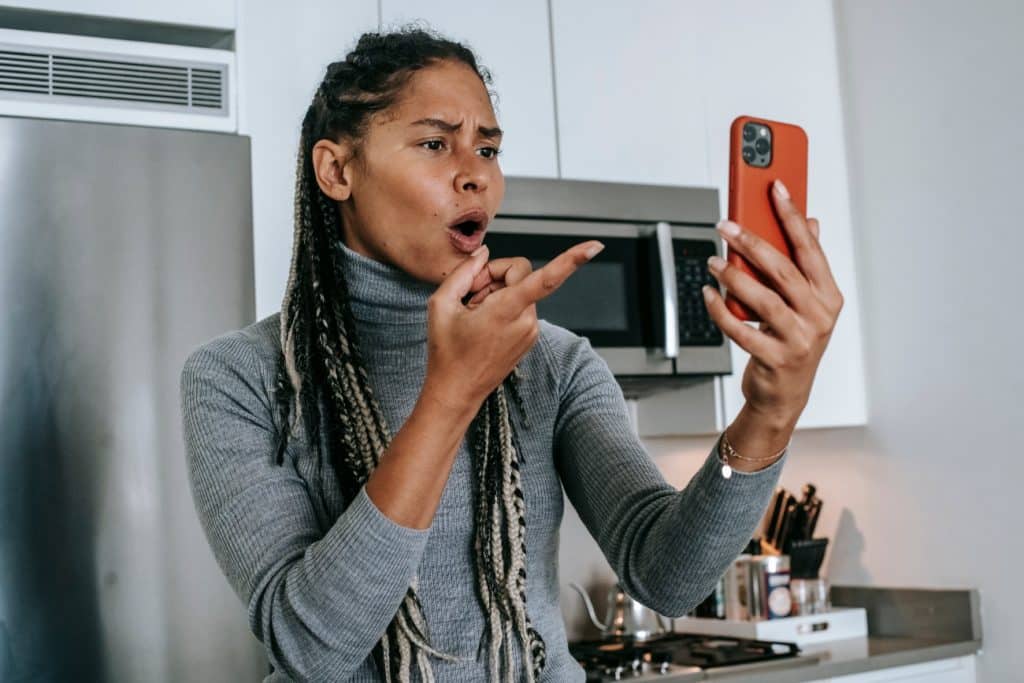We all have relatives and friends who overshare, over-indulge, over-compensate, and overstep our privacy boundaries. Overstepping may sometimes thwart our personal growth and recovery. Nonetheless, we love our friends and family and need them in our lives. Our loved ones can provide encouragement, empathy, and other support when needed.
It is essential to remember that your loved ones are sorting through their feelings regarding your treatment and recovery. Most want to help you in any way they can. With that said, issues may arise involving excessive, non-solicited assistance, which may throttle recovery progress. In this article, we will discuss the roles of loved ones in a person’s recovery and attempt to observe perspectives from both sides.
Loved Ones Want to Help
If you are in recovery or have been there, you realize many obstacles and challenges can impede your progress. A well-meaning friend or family member sees your recovery from a different perspective. They wish to lighten your burden as much as possible, sometimes making your goals seem more difficult to achieve.
Some of your loved ones may have been where you are and understand you need to do this and have their support. Others may have no experience with treatment and recovery and view your plight as simple and easy and without the need for outside help. Perspectives are many and varied. If you have children, they still see you as their parent and need you. You have a lot of responsibility to your loved ones, but you must be sober and manage your recovery.
Is It Support or Enabling?
Support involves active helping and paying attention. Paying attention can be simply listening if you are supporting a loved one in recovery. Sometimes just having someone listen is all a person needs to lift them and help them want to succeed. Active listening seems like a simple solution, and it is for many things, such as providing some relief from loneliness, anxiety, and depression. Active helping is doing things for that person in recovery that will not worsen their situation. Researching and providing helpful information they may not be aware of is an example of active helping.
Sometimes our good intentions and willingness to help may turn into enabling. Examples of enabling are repeatedly bailing them out of jail, supplying them with cash, or making excuses for not meeting their obligations. If you want to help with their finances, pay their bills instead of handing them cash. It may still be under the guise of enabling, but you know your loved ones best. Their level of commitment to recovery should also factor into your providing help.
Ways to Help Someone in Recovery
If you want to help a loved one while they are going through recovery, there are plenty of avenues you can take. Below are just a few to get you started:
- Educate yourself. Do your research about their addiction and the recovery process. The more you know, the more effective your assistance will be.
- Show support. Make sure they know you are there for them. Open a dialog and remember to listen actively.
- Get moving. Do healthful things with them. Get outdoors.
- Avoid stress. Family drama causes stress, and sometimes it cannot be avoided. However, keeping the levels as low as possible will help.
- Be patient with them. There may be outbursts, anxiety, and other release forms, and they may be depressed. Remaining calm and reaffirming your support can help assuage temporary negative emotions.
- Be a resource. Give positive advice and be a good example.
Kids and Recovery
Kids can interfere with recovery; it is a fact and an unavoidable one. As a parent in recovery, you still have the responsibility to act like an adult, be a role model, provide for your children, and manage your recovery progress. No one said it would be easy, but it is so worthwhile.
Depending on their ages, your kids may not understand your struggle, and you will need to be extra patient with them. You may want to talk to your therapist or a professional with knowledge and experience in parenting while in recovery. Your efforts will affect your children’s overall well-being.
Families, Friends, and Recovery
Many families with a loved one in recovery will band together to provide group support. This can be done as a family unit alone, or the family can join a larger group to help guide their efforts. Treatment plans for individuals include the whole person and healthy relationships with their families.
Family programs are designed to treat the family through therapeutic techniques. Healthy communication skills are vital to a family’s healing, and families can learn to relate better to one another through family programs.
Support groups for families and friends of people in active addiction, treatment, recovery, relapse, etc., help the loved ones understand by listening to others going through similar situations.
Some of these support groups include:
At SoCal Mental Health, we understand that your mental health and recovery are very important to you, as are your friends and family. Our loved ones play a major role in our recovery and well-being. They are a connection we all need in our lives. However, sometimes well-meaning loved ones overstep in their eagerness to help. If you feel overwhelmed or out of control due to too much interference, which is causing you and your family undue anxiety and stress, know that we can help. Our programs approach depression, anxiety, recovery, relapse, and other struggles associated with mental health, with treatment and therapies designed for your needs. Call us today at (949) 502-2041 for more information.












